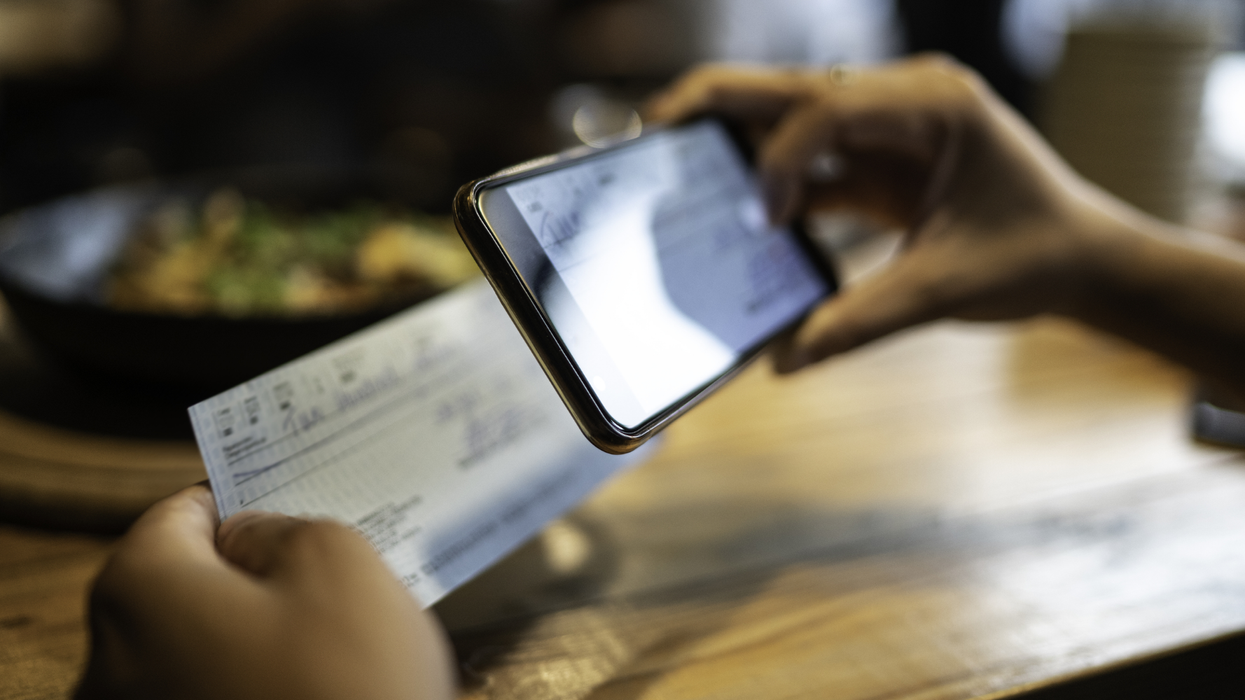
Across the US, people are starting to receive their one-time $1,200 stimulus cheques.
The rollout has been… bumpy, with reports of dead people being given payments.
And there’s still major concerns about just how this cheque is going to cover the financial impact of coronavirus.
But another story that’s emerged regarding the cheques is that of a landlord who tracked his tenant’s cheque in order to demand payment.
Austin Goodrich, a tenant renting in Portland, Oregon, was shocked when he received a text from his landlord regarding his cheque.
“You got your stimulus, just asking are you going to pay rent or part of rent with any. I am trying to close the books for April,” wrote Goodrich’s landlord.
Goodrich immediately questioned how the landlord knew his stimulus cheque had been delivered. It quickly emerged he’d used illegal means to track the payment online, via the IRS portal set up for recipients to check the status of their cheque.
To access the portal, a person needs to provide their name, date of birth, street address and Social Security Number (SSN).
Users also have to read and acknowledge that “unauthorised use of this system is prohibited and subject to criminal and civil penalties, including all penalties applicable to willful unauthorized access (UNAX) or inspection of taxpayer records”.
Impersonating someone else and using their SSN number very much falls under “unauthorised access”.
And Goodrich’s landlord admitted that he’d done this for “everyone who called” him in the past two days.
Which means a lot of unauthorised access.
According to a report in the Daily DotGoodrich is now being represented by a lawyer and is demanding that his landlord waive rent for the remainder of the tenancy, including past due amounts. He also wants a full return of his security deposit, and “excellent renters' recommendations”.
Goodrich – a computer programmer – is also calling on the IRS to provide a “secure system” to check their payment status,
He says users of the IRS portal should be provided with a list of attempted or confirmed access to their personal data along with details of any computers that attempt to gain entry to multiple accounts on the system.
Seem sensible.
Now what can we do about landlords in general?













